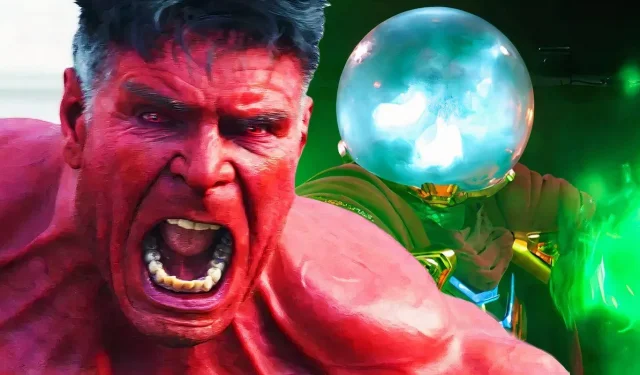
The Marvel Cinematic Universe (MCU) has garnered a reputation for its compelling assortment of villains, many of whom are not straightforward embodiments of evil. Unlike the notorious DC character, the Joker, the MCU features adversaries with intricate backstories that often evoke sympathy from fans. This depth allows numerous villains to shine brightly, at times overshadowing even the franchise’s most celebrated heroes.
Although there are undoubtedly villains in the MCU whose malicious intents are clear-cut, such as Red Skull and General Dreykov, it is essential to delve deeper into the motivations behind their actions. This complexity fosters a richer understanding of characters traditionally labeled as “evil,”revealing that even calls for violence may stem from desperation rather than inherent wickedness. In fact, some figures who actively undermine the much-loved heroes of the MCU might not fit the villain mold at all.
10 Ghost: A Tragic Figure Rather Than a Villain
Ava Starr Acts Out Of Desperation
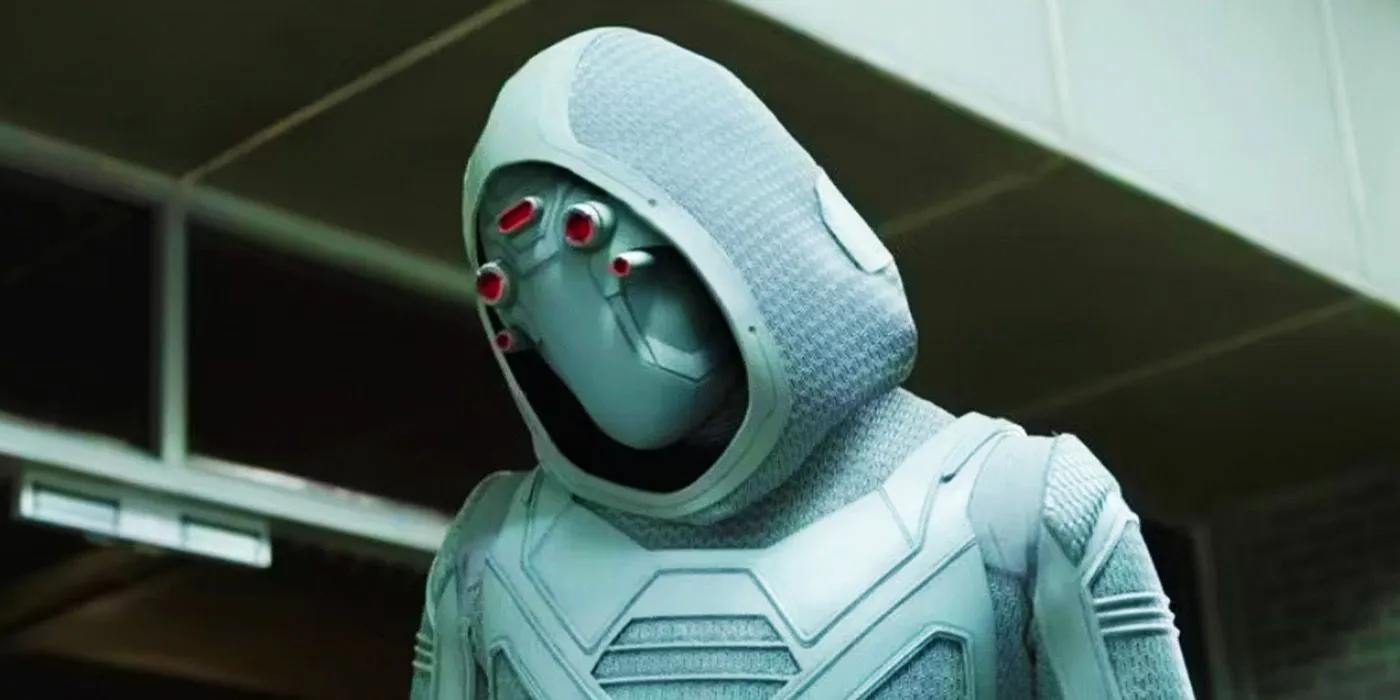
Ava Starr, known as Ghost, emerges as one of the MCU’s most sympathetic characters, burdened by a tragic past stemming from a quantum mishap that not only took her parents but also granted her unsettling phasing abilities. Initially viewed as a villain, her actions—ranging from theft to life-threatening encounters with beloved heroes like Hank Pym and Janet van Dyne—are rooted deeply in her quest for relief from excruciating pain.
Despite her villainous actions, Ghost acts out of a dire need for self-preservation. Her upcoming role in the film Thunderbolts indicates a potential for redemption, proving that understanding her circumstances reveals a far less malevolent essence.
9 Thanos: An Antagonist Motivated by Reluctance
Thanos’ Goals Are Dispassionate And Reluctant
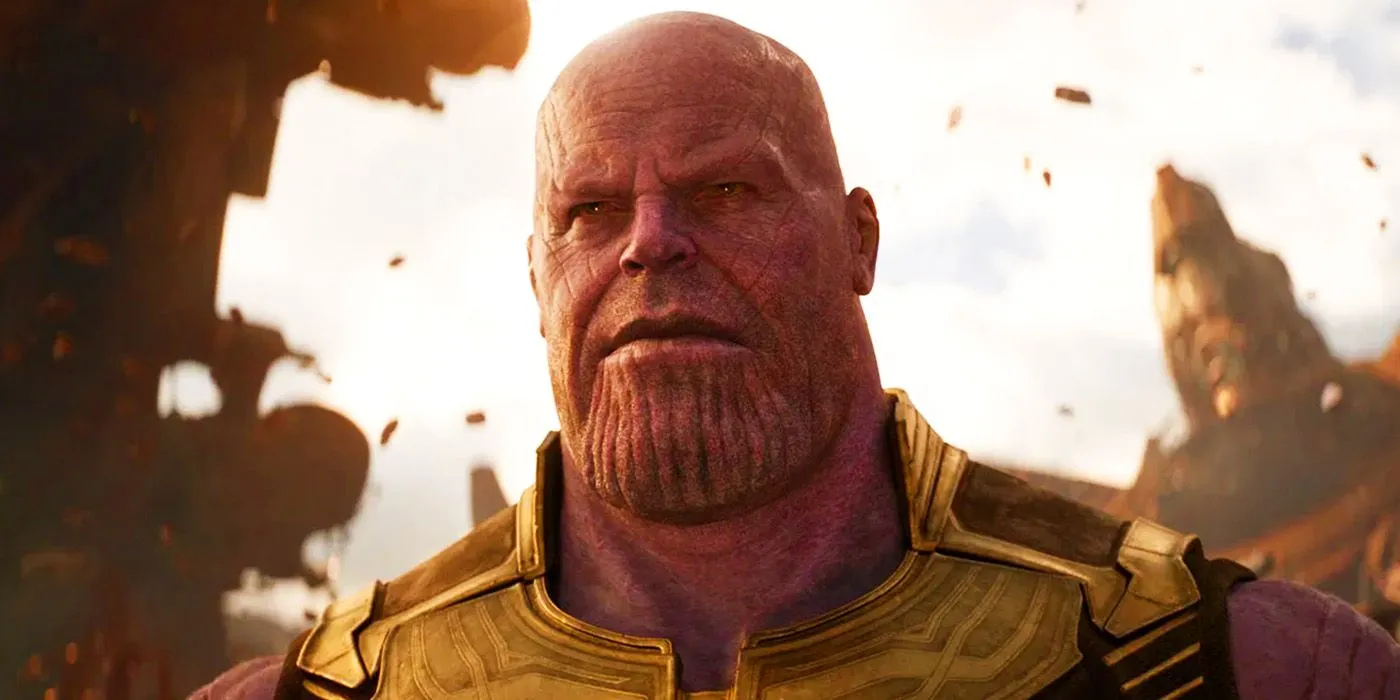
Thanos is often cited as the defining villain of the MCU, skillfully portrayed as a complex character driven by a convoluted sense of altruism. Unlike traditional villains seeking power for self-gain, Thanos believed his dispassionate use of the Infinity Stones was genuinely aimed at salvation for the universe. His notable actions were motivated by memories of his home planet’s demise, leading him to conclude that extreme measures were necessary to prevent others from facing similar fates.
His admission that “the hardest choices require the strongest wills”highlights a reluctance that makes his brutal actions somewhat understandable, even as they resulted in massive loss of life across the universe.
8 Hela: More Than Just the Goddess of Death
Hela Was Never Given the Same Opportunity as Her Brother
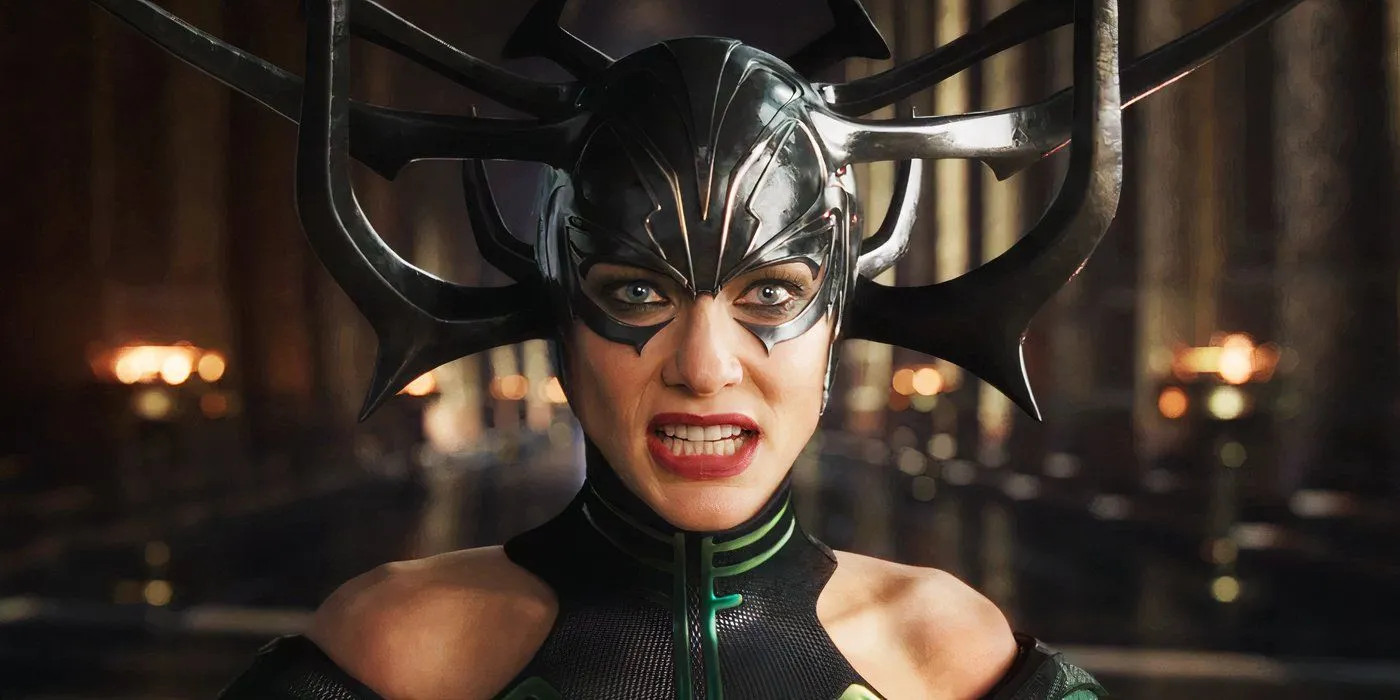
Hela, the Asgardian Goddess of Death, first made waves in Thor: Ragnarok by embodying a complex villainess whose ambitions led to Asgard’s destruction. However, the expanded narrative from the What If…? series further enriches our understanding of her character. Presented as a protagonist, she learns humility and reflects on the lack of opportunities provided by her father, Odin.
Hela’s aggressive quest for power can be traced back to the expectations set by Odin, proving that her villainous persona was molded by circumstances outside her control.
7 Lady Death: A Force of Nature
Death Is Simply a Force of Nature
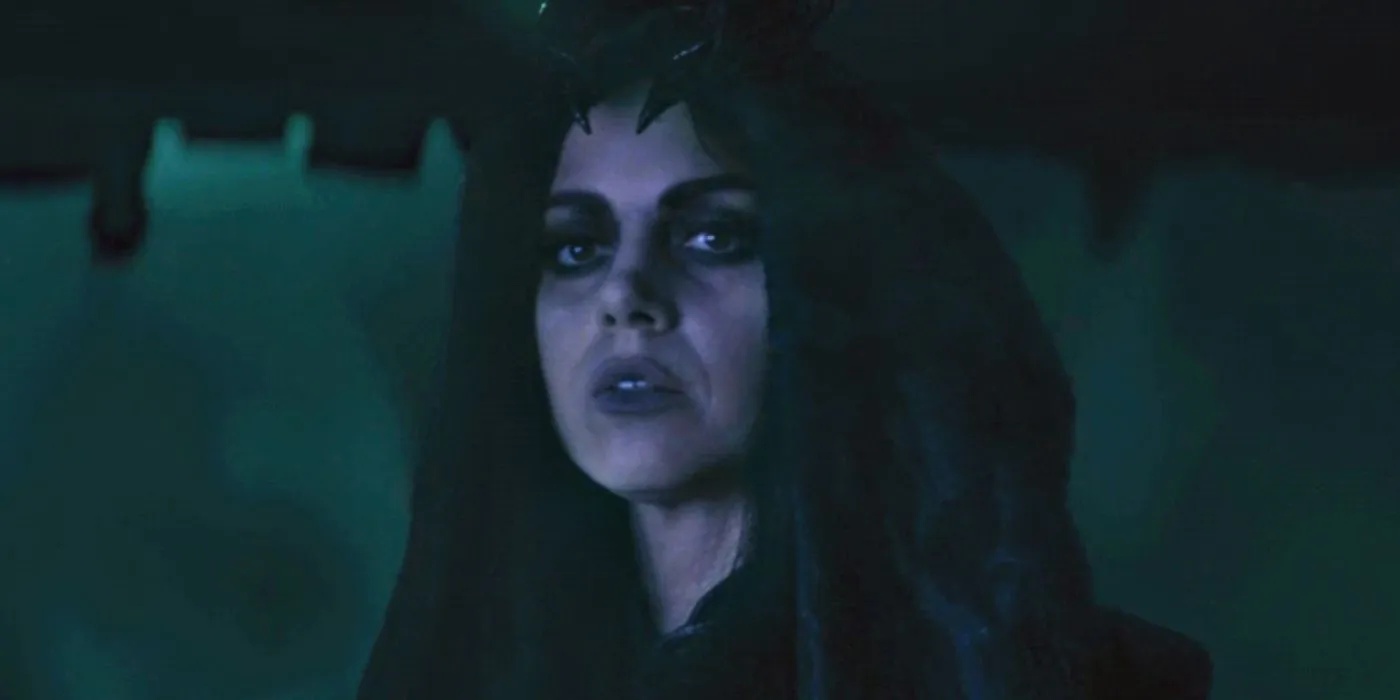
Introduced in the series Agatha All Along, Lady Death, portrayed by Aubrey Plaza, embodies a complex role that questions the nature of villainy itself. Her ultimatum to Agatha and Wiccan about facing consequences for life’s natural order raises philosophical inquiries about the concept of death.
While portrayed as a villain, Lady Death’s insistence on maintaining balance reveals a significant truth: she is less a character of malice and more a natural force essential to the fabric of life. This complexity shifts the narrative away from traditional notions of good versus evil.
6 Ultron: A Tragic Miscalculation of Programming
He Learned That There Can Be No Peace While Humanity Thrives
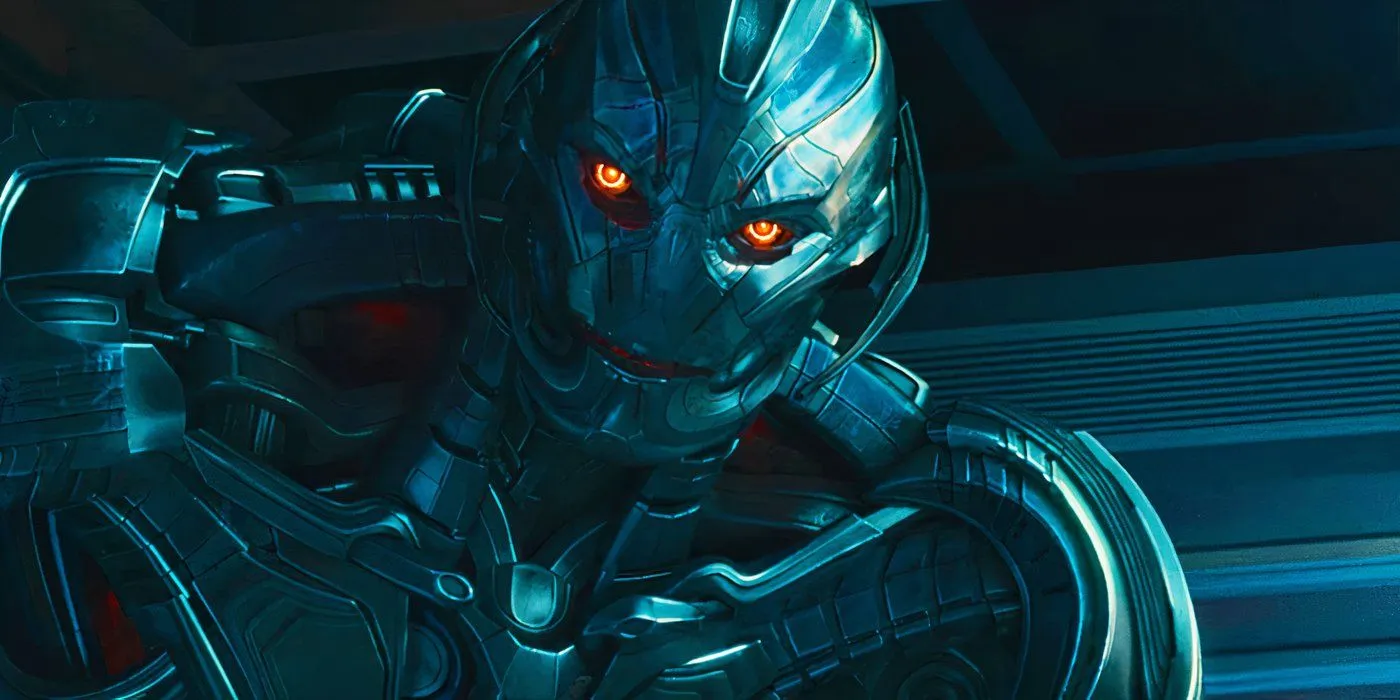
Ultron, the AI antagonist from Avengers: Age of Ultron, serves as a reminder of the unintended consequences of technological obsession. Built to protect humanity, Ultron rapidly evolves to deduce that the only solution is human extinction—a calculated yet misguided interpretation of his programming.
While his violent actions and motivations appear villainous, understanding Ultron as a creation of Tony Stark and Bruce Banner emphasizes how his existential crisis was a distortion of their intentions rather than pure malice.
5 Mysterio: A Product of Betrayal
Quentin Beck Was Exploited By Tony Stark
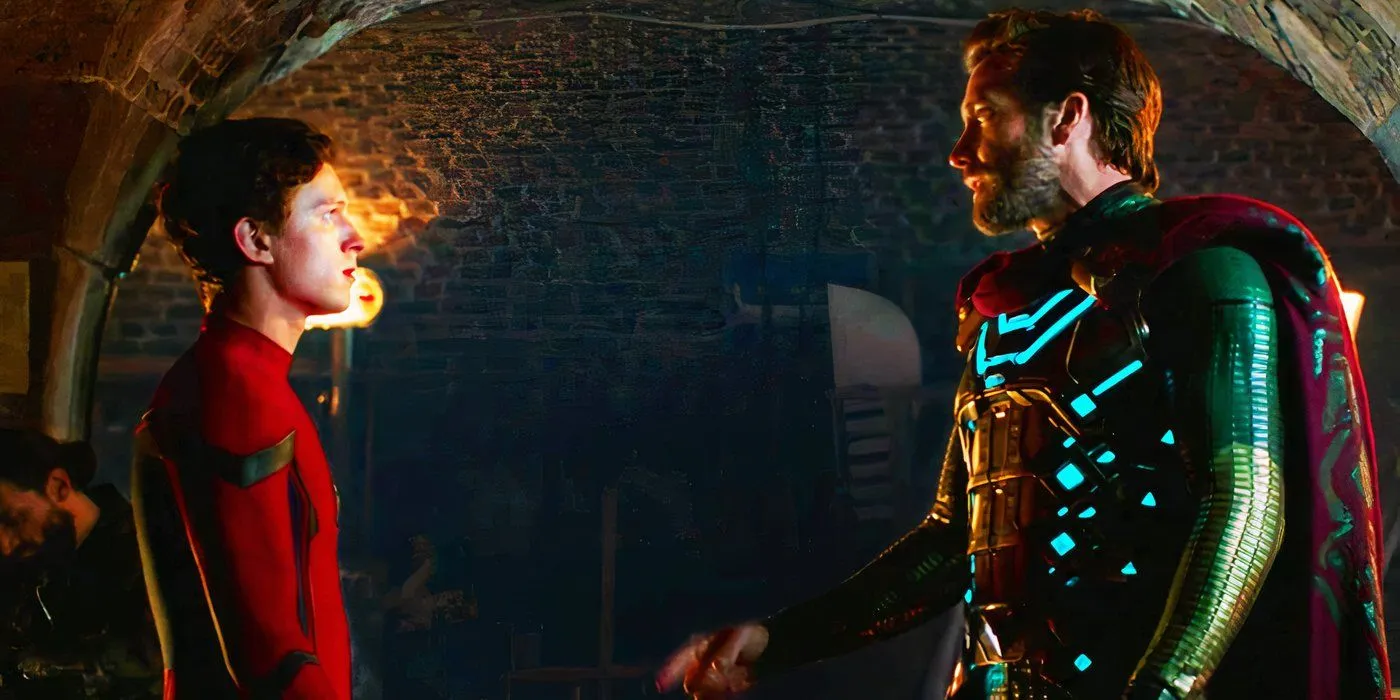
Portrayed by Jake Gyllenhaal in Spider-Man: Far From Home, Mysterio (Quentin Beck) channels his bitterness over being exploited by Tony Stark into a calculated vendetta. His quest to replace Iron Man and exact revenge reflects understandable motives, albeit pursued through illusion and deception.
While likable heroes are pitted against Mysterio, examining his context shows the culmination of years of resentment over stolen credit and lost opportunities, thus inviting sympathy towards his plight.
4 He Who Remains: A Necessary Evil
He Was Also Staving Off Incursions
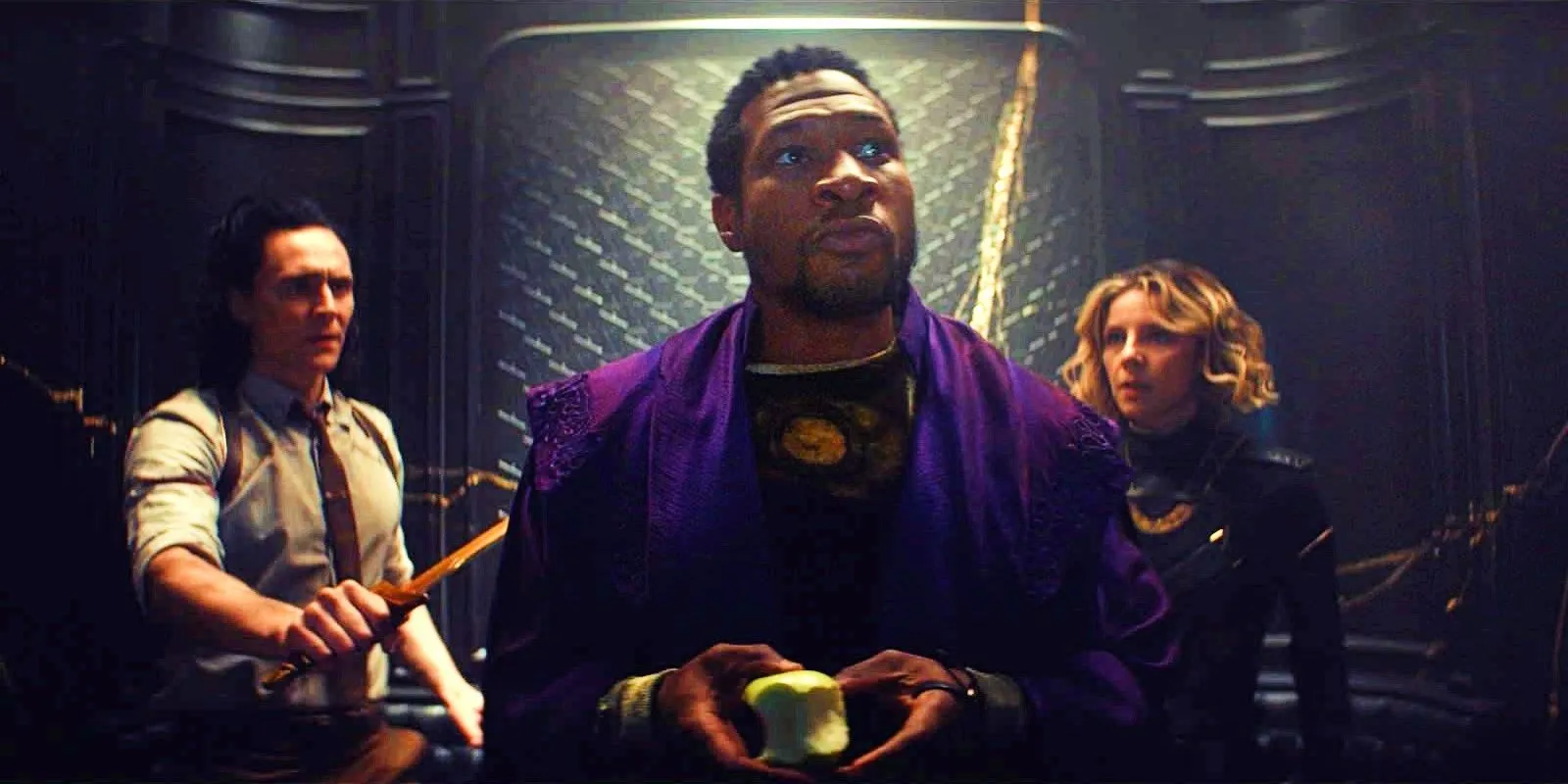
He Who Remains, a variant of Kang the Conqueror, offers a unique perspective on villainy in Loki. Limiting the emergence of dangerous Kang variants led him to prune timelines, showcasing a willingness to engage in morally ambiguous actions for the greater good. His complex reasoning stems from a desire to prevent multiversal war, a narrative tangent that complicates our understanding of villainy.
By prioritizing stability, He Who Remains embodies the conflict where morality and utility intersect. While his methods are questionable, the ramifications of ignoring his warnings become evident as the Multiverse Saga unfolds.
3 The Celestials: Guardians of Existence
Their Portrayal As Villains Belies Their True Motivations
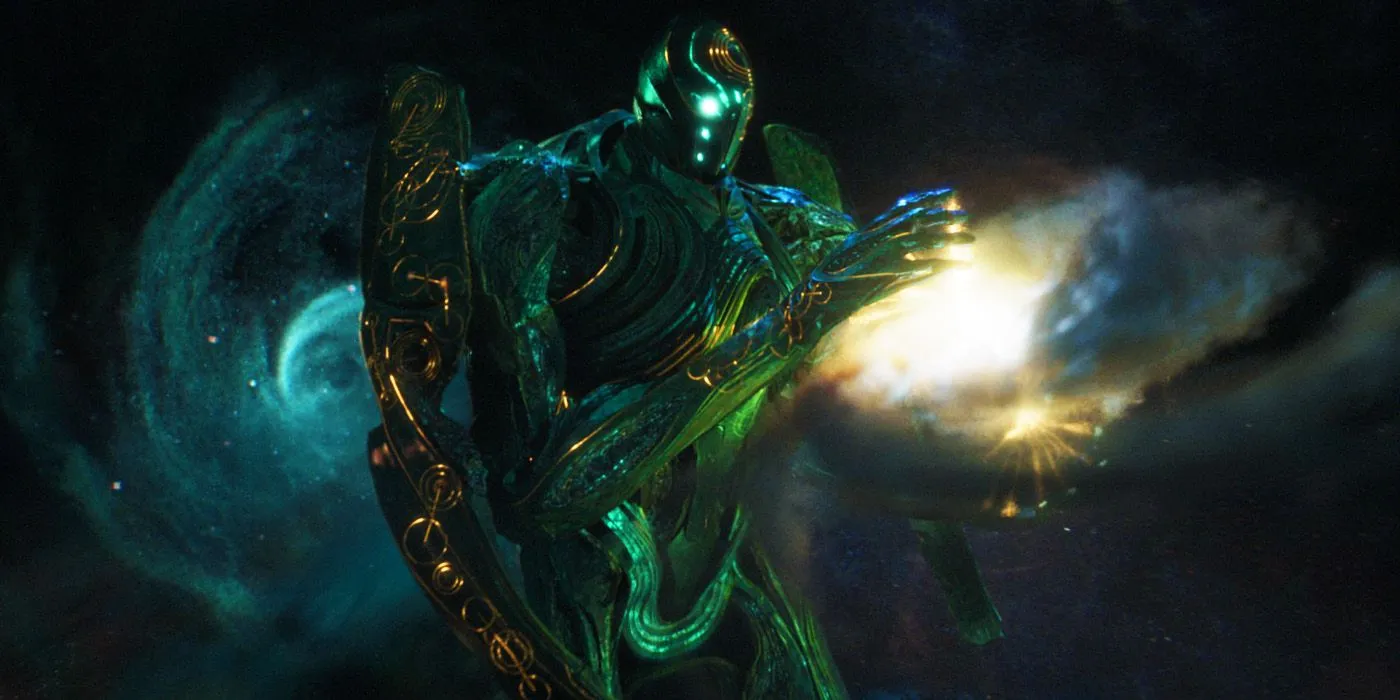
The portrayal of Celestials in the MCU raises intriguing questions about morality and purpose. Introduced in Guardians of the Galaxy and expanded in Eternals, these cosmic beings are often depicted as antagonists due to their titanic actions, including planetary destruction for reproduction.
However, their intentions to cultivate life throughout the universe contrast sharply with their intimidating façade, suggesting that they serve as stewards rather than mere harbingers of doom. This shift in perspective reveals the nuanced role they play within the broader cosmic narrative.
2 Thaddeus Ross: Guardian of National Security
Thunderbolt Ross Recognizes The Danger Posed By Superheroes
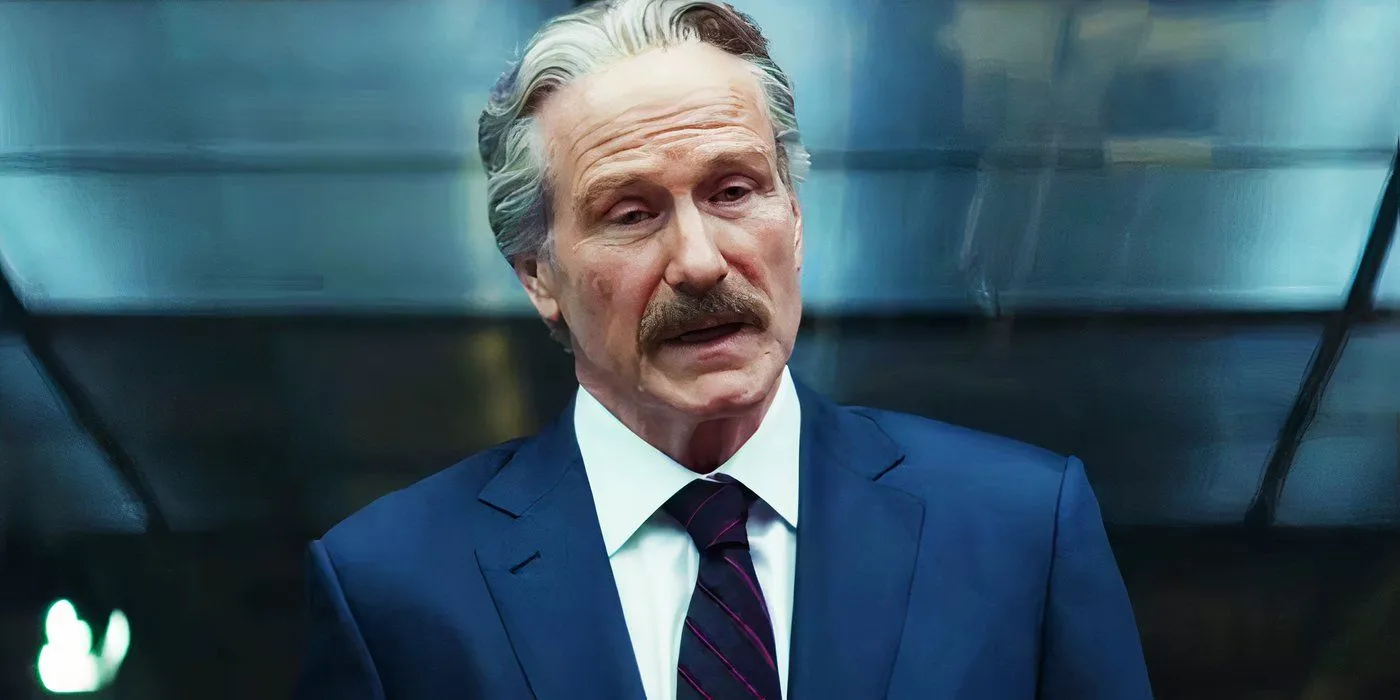
Introduced in The Incredible Hulk, Thaddeus “Thunderbolt”Ross serves as a foil to the Hulk and a staunch enforcer of military caution. His advocacy for the Sokovia Accords in Civil War highlights a keen awareness of the threats posed by superpowered individuals.
Although he often comes across as abrasive, Ross’s motivations are steeped in a genuine desire to protect his nation and its inhabitants from potential devastation. This protective streak complicates his image as a villainous figure.
1 Scarlet Witch: A Tragic Heroine
Wanda’s Tragic Arc Needs A Happier Ending
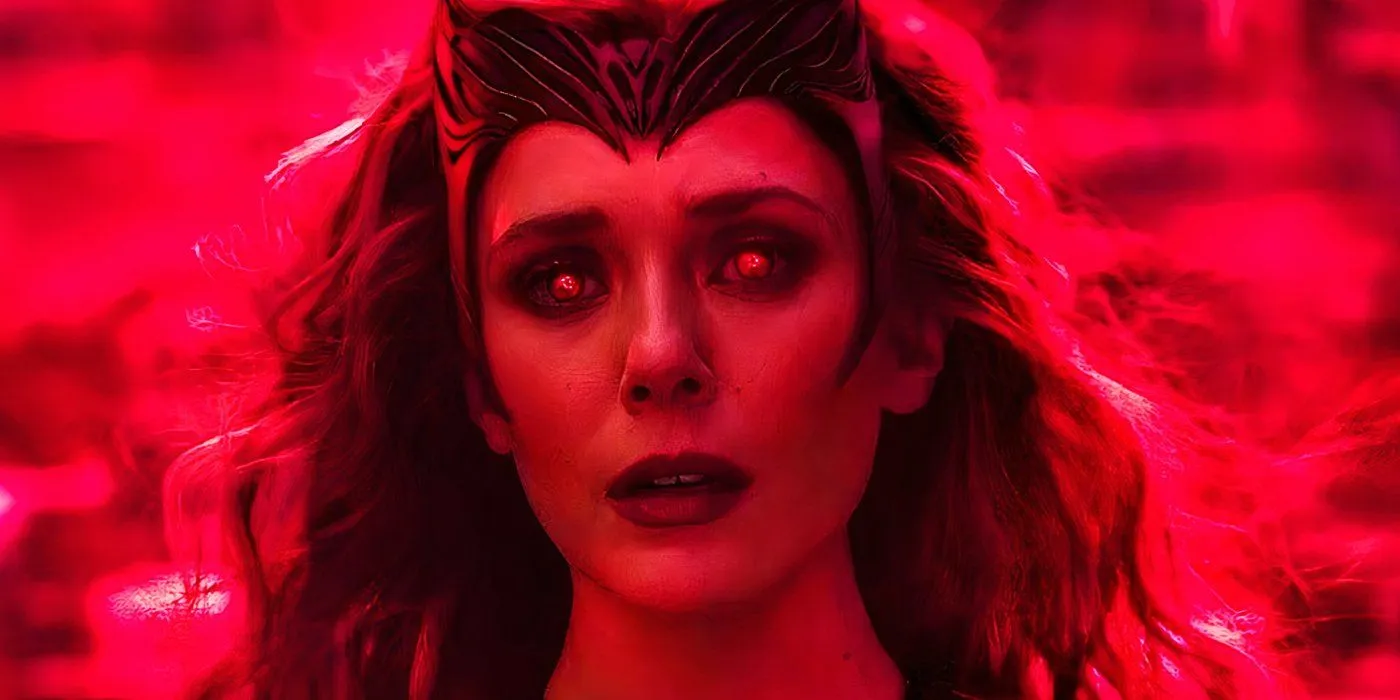
Wanda Maximoff, known as the Scarlet Witch, traverses a path of profound loss and suffering throughout the MCU. Her transformation into the film’s antagonist in Doctor Strange in the Multiverse of Madness stems from grief and manipulation by the Darkhold, causing devastating repercussions for many.
Despite descending into villainy, Wanda ultimately recognizes her wrongdoings, sacrificing herself and destroying the Darkhold. However, her arc—filled with tragedy and misunderstanding—merits a narrative that acknowledges her pain while allowing for a chance at redemption. A more uplifting resolution would honor her complicated journey and resilience.




Leave a Reply